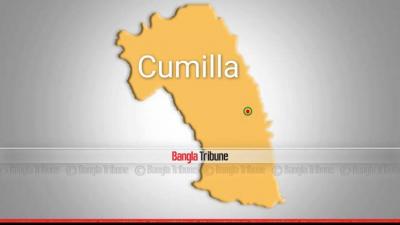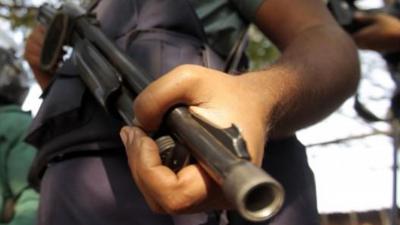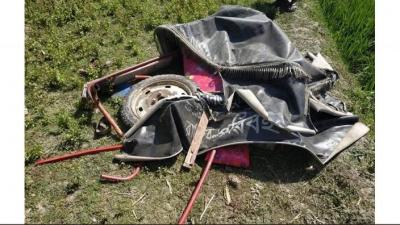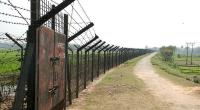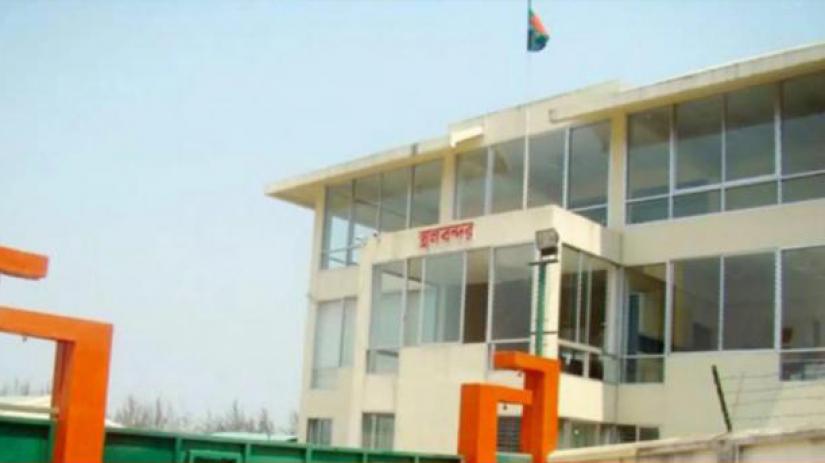 Amid the concern over coronavirus outbreak in China, immigration authorities in Cox’s Bazar have initiated preventive measures as Chinese products enters in the southeastern part of the country via Myanmar.
Amid the concern over coronavirus outbreak in China, immigration authorities in Cox’s Bazar have initiated preventive measures as Chinese products enters in the southeastern part of the country via Myanmar.
Apart from this, infiltrating Rohingyas are also a risk for carrying the virus into Bangladesh through Teknaf trade points.
“A medical team [for coronavirus] has been formed in Teknaf in addition to imposing restriction on movements of the boatmen near Teknaf landport,” Upazila Nirbahi Officer (UNO) Mohammad Saiful Islam told Bangla Tribune.
“Local health office is on alert over the issue,” he said.
Upazila Health Officer Titu Chandra Sheel said they are on alert, especially at the Bangladesh-Myanmar trade points at Teknaf landport and Shah Pori island corridor, through where Myanmar nationals contacts.
Teknaf landport Manager Md Jashim Uddun echoed Sheel saying, “The movements of trawlers and people of Myanmar is being watched and controlled at the port.”
According to Directorate General of Health Services, authorities at the Teknaf landport have been instructed to report immediately if anyone is found susceptible to the symptoms of coronavirus like asthma, fever or coughs.
The office also assured of realisation of all preparation and work plans in the meantime.
Coronavirus infections have a wide range of symptoms, including fever, coughing, shortness of breath and breathing difficulties. Severe cases can cause pneumonia, severe acute respiratory syndrome, kidney failure and death. Many of those who died had pre-existing medical conditions or were elderly, authorities have said.
On Jan 30, the World Health Organization declared that the coronavirus epidemic in China now constitutes a public health emergency of international concern.
The declaration of a global emergency triggers recommendations to all countries aimed at preventing or reducing cross-border spread of disease, while avoiding unnecessary interference with trade and travel.
It covers temporary recommendations for national health authorities worldwide, which include stepping up their monitoring, preparedness and containment measures.
Although the WHO has no legal authority to sanction countries, it could ask governments to provide scientific justification for any travel or trade restrictions that they impose in the event of an international emergency.
As of on Sunday (Feb 2), the death toll from the fast-spreading virus rose to 294 in China with nearly 12,000 others infected .
The virus has already spread to 18 countries including the US, Japan and neighbouring India.
The small number of cases confirmed outside China is linked to people who travelled from the country, but no deaths have been reported elsewhere.
No case of the new coronavirus, called 2019-nCoV, is yet to be confirmed in Bangladesh.
According to China's National Health Commission, the transmission ability of the virus is getting stronger and infections could continue to rise.
The incubation period for the coronavirus can range from one to 14 days, and that the virus is infectious during incubation, which was not the case with SARS, a coronavirus that originated in China and killed nearly 800 people globally in 2002 and 2003.
Chinese researchers believe the new coronavirus may have been transmitted to humans from snakes, which in turn may have got it from bats.
The virus is believed to have originated late last year in a food market in the central Chinese city of Wuhan that was illegally selling wildlife. Both animals were known to have been sold at the market.

